Interview by Jürgen Klute
(Zur deutschen Version bitte hier klicken)
EUROPA.BLOG: First of all, some questions regarding the background of the Transition Town movement. It is a relatively young movement. When exactly did it come into being?
ROB HOPKINS:: The Transition movement initially emerged in 2006 in my town of Totnes, initially just as a series of talks and events. In September 2006 we held a launch event that we called ‚The Official Unleashing of Transition Town Totnes‘, and already at that event we people from other towns and cities who then went home to start it too. Then it grew, and grew, and grew.
EUROPA.BLOG: What was the decisive impulse that triggered the emergence of Transition Town?
ROB HOPKINS:: Initially it was kick-started by a concern about climate change, and a worry about ‚peak oil‘, the idea that the world was close to a peak in oil production. Our sense was that these two issues had to be looked at together, and when you do, we argued, it means we need to leave the age of fossil fuels behind. But the bit that Transition does beautifully, I think, is to argue that the future beyond fossil fuels could be amazing, it could be so much better than today, so it becomes something we hunger to move towards, not an unwelcome move away from something irreplaceable.
EUROPA.BLOG: Who are the people behind Transition Town?
ROB HOPKINS:: The people behind Transition are different in every place. It is a self organising approach, so the people who start it are the people who step up and offer to do it. They come from all walks of life, but are motivated by a desire to reimagine and rebuild the place they live.
EUROPA.BLOG: What are the goals of the Transition Town movement?
ROB HOPKINS:: The Transition movement is about the building of resilient communities. At Transition Network we describe is as „a movement of communities reimagining and rebuilding the world“. It seeks to create spaces in our public life where we can come together to think about the future, and how we’d like it to be. It creates spaces we can dream with other people, and then resolve to make it happen. It also aims to rebuild local economies around the concept of resilience, so creating new infrastructures around food, energy, education and so on. Transition groups in many places are creating community energy companies, community farms, becoming their own developers and much more. When we started, we imagined it was an environmental process, I now see what we do as really being a cultural process – how do we create a culture in which we are most able, connected, motivated and inspired to seize the opportunities that these challenging times present?
EUROPA.BLOG: What is the strategy behind the movement?
ROB HOPKINS:: Transition works by engaging people in projects in such a way that they feel supported and enabled to do bold and amazing things. One key part of the Transition strategy is to recognise that as well as building resilience into our local economies, we also need to build it into our groups. How can we minimise the risk of burnout? How can we support each other? How can we have meetings that work, that make decisions well? We argue that how we do things matters as much, if not more, than what we do.
EUROPA.BLOG: In which countries and continents is the movement meanwhile active?
ROB HOPKINS:: There are now Transition groups in over 50 countries, in thousands of communities. I love the self-organising nature of how it pops up. It is not like a Coca-Cola franchise. I love it when Transition emerges in Brazilian favelas, in villages in South Africa, in Belgian city planning. It is so much more delightful when you don’t control it. There are now 40 countries that have their own Transition ‚Hub‘, a national organisation which supports the movement in that country.
EUROPA.BLOG: Which are the countries with the most relevant or important Transition Town movements?
That’s very hard to say. Firstly, I haven’t been to all of the 50 countries where there are active Transition initiatives, in fact I’ve probably not even been to half of them! So there are lots of things happening that I never even get to hear about. I think there is a lot happening in Belgium, in Brazil, in parts of the UK. I was just in Sweden, some great projects happening there. And then recently there was the Asian Transition Network conference, with people from Japan, Hong Kong, South Korea and many other places coming together. It’s impossible to say which place is most important, partly because I don’t know, and it might discourage the other places.
EUROPA.BLOG: Are Transition initiatives only found in large cities or do they also exist in small or medium-sized towns or in rural areas?
ROB HOPKINS:: Transition initiatives can be found at all different scales. In cities they tend to work on a neighbourhood scale, so for example, in London there are over 50 groups, but never trying to take on a whole city at once! There are initiatives in villages, small towns, big towns, rural areas. There are also initiatives within organisations, and also in Universities. I am often asked which is the best scale. I reply that different things work better at different scales. Some things, like local currencies, work better on a big scale, while other things need a smaller scale. So, in other words, the size or density of the place you live should really be no excuse for not doing Transition!
EUROPA.BLOG: In what specific fields is Transition Town active?
ROB HOPKINS: If I understand the question correctly, I would say that Transition groups are active in the areas of:
- Bringing food production closer to home: so, urban agriculture, community gardens, community farms, new food processing infrastructure, strategies to support the local food economy and so on
- Reimagining energy: creating community energy companies, inviting community investment in that, working to help people reduce energy use,
- Creating new economies: supporting new entrepreneurs, enabling inward community investment, creating local currencies, doing local economic evaluations and arguing for Transition as a form of economic development
- Care and support: working with organisations that provide care, ensuring that Transitioners have access to good facilitation skills, are able to manage burnout and communicate clearly
- Arts: many Transition groups bring the arts into what they are doing, organising street carnivals, or other participatory events which are bright, colourful and engaging, and which allow people to experience how a Transition future could be
- Local needs: Transition groups look at how they might best meet local needs in new ways. For example how can they provide housing that meets local needs better than what conventional developers build.
- There are many other areas too, but this hopefully gives a taste
EUROPA.BLOG: In your lessons you repeatedly stressed that the transition targeted by the movement should not only be done by volunteers? Why do you emphasise this?
ROB HOPKINS: I feel that often, within the world of people who do permaculture, green, community things, there is a culture that nobody should ever be paid for anything, that if we introduce money then everything loses its moral compass and becomes compromised. I think this is very dangerous. Many people can’t get involved in Transition because they are working so hard just to keep a roof over their head. Many people are doing jobs they hate and would love to be able to switch to a new livelihood that resonated more deeply with their values. So, for me, there are two ways we can look at projects we are starting. Do we imagine it will always be driven by volunteers, or could we imagine those projects in a different way, so that it creates paid work? In other words, how might we think like an entrepreneur thinks? It is important to note though that I am not saying that we should stop thinking of volunteers at all…. clearly we need them too, and they will remain the key energy driver for Transition for some time to come, but I think we need to introduce this new thinking too.
EUROPA.BLOG: Where should or could the money come from that is needed to pay people who are taking part in the movement and how would it be distributed?
ROB HOPKINS: I think some money can come from grants, but we should also be looking to some innovative models, and to creating enterprises that generate turnover. We should also seek to invite the community to invest in ideas and projects. This has worked successfully in many places now.
EUROPA.BLOG: You referred several times to the local or complementary currency used in Bristol. How long has this project existed and what can you buy with this local currency? Also, who accepts it and what types of payment can be made (cash, electronic, etc.)?
ROB HOPKINS:The Bristol Pound started in 2012 and is now accepted in hundreds of businesses in the city. Over £5 million are in circulation. They have printed notes and also they have a Pay By Text mobile phone-based system. Thanks to their close relationship to the city council, you can use Bristol Pounds to pay business rates, Council Tax, train and bus tickets and even energy bills. It has been a brilliant way to stimulate conversations about the local economy, is has been great for the identity of Bristol. It is also prompting the council to look at how it spends its money in ways that better support the local economy.
EUROPA.BLOG: In Germany, for instance, it is really difficult to use this kind of local currency due to the nature of the law. How did they manage it in Bristol, and do you have different rules in Great Britain?
ROB HOPKINS: The Bank of England published a detailed legal paper presenting their understanding of them. In essence, they have the same legal status as book tokens, or vouchers of some sort.
EUROPA.BLOG: What, from your point of view, is the importance of a local or complementary currency?
ROB HOPKINS: I think they are one tool, just one tool of many, that enable money to stay locally, to circulate locally within the economy of the place. They also are a beautiful celebration of a place and its past, present and future. They also raise the question of who is allowed to print money, and give people a huge sense of pride in their place. They are an intervention that generates a lot of media attention, a lot of discussion, and they make shopping a lot more fun!
EUROPA.BLOG: Recently you visited the Ruhrgebiet, the former German coal mining region. You were invited by the German Transition Movement, which held a conference in Essen, as well as a group of activists and artists connected to the ‘Atelier Das Gelbe Haus in Recklinghausen. You spent several days visiting parts of the region and viewing projects and gained many impressions, which you have described on your blog (“Dreaming of Eternity: three days in the Ruhr Valley”). It is a region with just over five million inhabitants and 53 cities with their own local parliaments and administrations – a highly complex political environment with many social and ecological problems. Do you think Transition Town can contribute to a transformation of this region of a kind that is necessary for a better future?
ROB HOPKINS: Of course. A form of economic development which aims to keep as much money locally as possible, create as many economic cycles as possible has a lot to offer. A process of identifying local needs, and also where the money currently goes would be a great place to start. The creation of a regional bank, the creation of new community businesses is also a good place to start. At the moment in communities suffering in the same way as the Ruhrgebeit, so much money leaves, like holes in the side of a bucket. Every cent of that money that is lost is a potential local business, local job, reason for a local young person to stay. Focusing on plugging the leaks is vital. I would suggest looking at Ungersheim, in the Alsace in France, also a former mining town, which has adopted Transition with great enthusiasm, and created something amazing, cutting carbon emissions by 600 tonnes a year, saving €120,000 of public money while also creating 100 jobs.
EUROPA.BLOG: If you lived in this region, how would you initiate a transition process? What, from your point of view, are the key points that need to be borne in mind by activists in the field?
ROB HOPKINS: I don’t feel it is for me to say. I don’t live in the area, I don’t know it that well. What is important is to create the spaces for people to come together and discuss what might happen. I would start with a process that invites people to ask „what if?“ What if the area became an internationally-admired laboratory of the imagination? How might it start? What might be some of the first steps be, and some of its key elements? Trying to get the support from your local government is also very useful, but if you don’t have it, don’t let that stop you. Many projects start with a high profile event, perhaps a screening of a film like ‚Tomorrow‘, a French film that came out recently.
EUROPA.BLOG: When you visited the region, did you get any concrete ideas for possible projects?
ROB HOPKINS: I thought that having 10 years until the garden festival offers lots of possibilities. It would be great if that event could catalyse a real social transformation, a rethinking of how food is produced. Perhaps people with good gardening skills around the cities could mentor people in the city who would like to grow. If the aim was to design that festival and its impacts in the light of knowing that by then, our collective carbon footprint needs to be half what it is today, that imports will be more costly, that the likelihood of climate shocks will be higher, then how differently would that event be designed? Planning for business as usual is pointless and dangerous.
I thought the strip of land we saw beneath the bridge (see picture on the right), which also needs to be a cycle track, would be a fascinating rewilding experiment. Divide it into 10 blocks, and cut one less of them every year. In 10 years time you would have a compelling example of how rewilding works, and how quickly nature can bring back diversity and abundance. People would find that very inspiring. In Essen, the Green Capital has laid some vital foundations. It is essential that these are built on, seen just as a beginning, rather than as an end.
EUROPA.BLOG: Who should be involved in such a process in order to enjoy the envisaged success?
ROB HOPKINS: People with energy and time, and who see their role as being to lay the foundations for the project. Invite particular key people you feel need to be at events. Also be asking „who isn’t here but should be?“ People with time, skills, confidence and connections are a good place to start. I would also suggest that you do the 2 day Transition Launch training. It will distil many learnings and help you to make a success of it.
EUROPA.BLOG: How much time needs to be planned for such a transition process before it shows positive results? What are the key elements of a successful transition process?
ROB HOPKINS: It depends entirely on the projects you do! A food project could be showing amazing results in a matter of a few weeks. Some big projects can take years. But I would say that in 3 or 4 years you can have enough things in place that people are able to see things changing in concrete ways.
Thank you very much for your answers!

6477

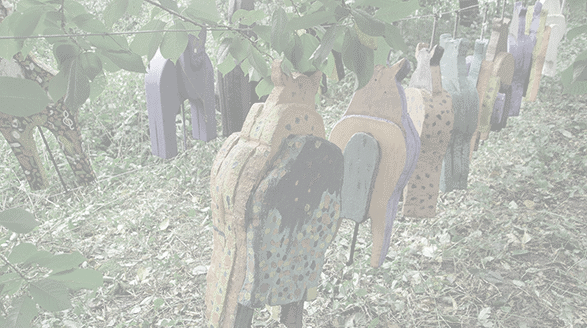
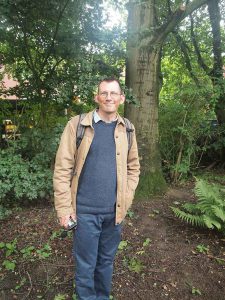
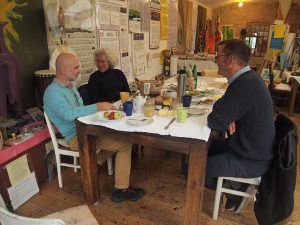
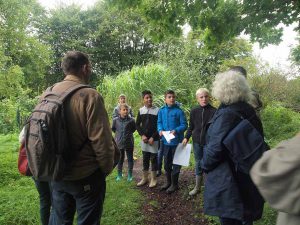
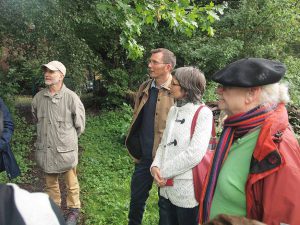
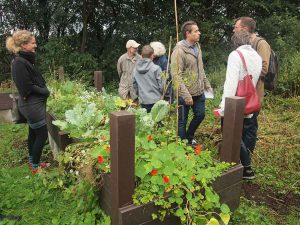

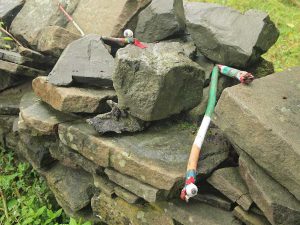
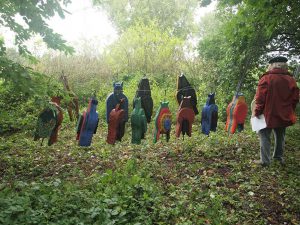
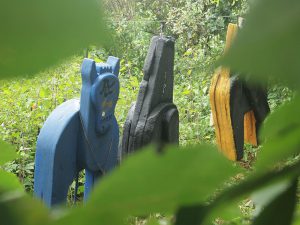
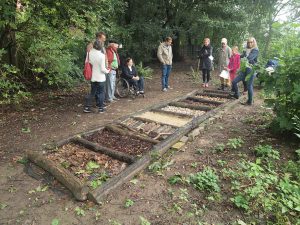
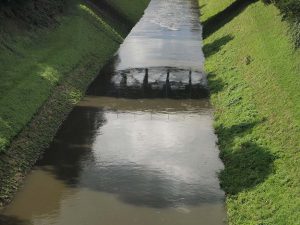
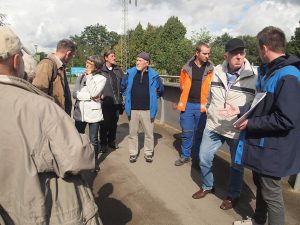
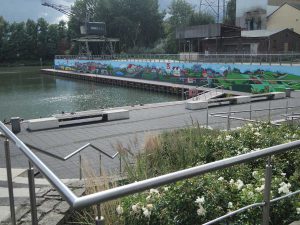
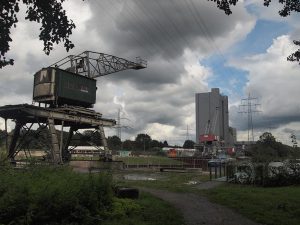
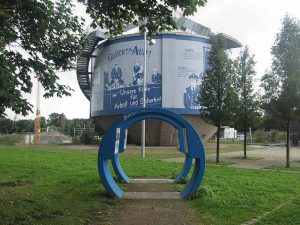
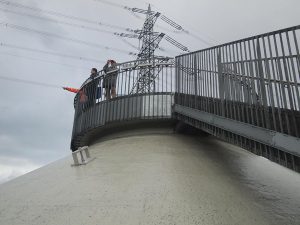
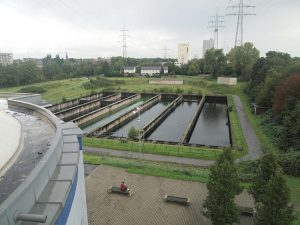

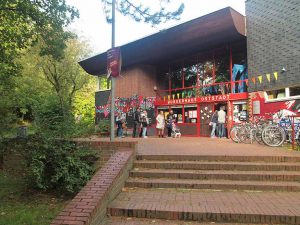
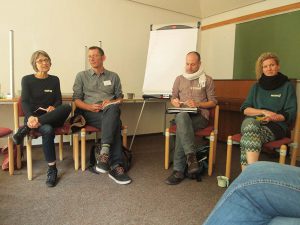

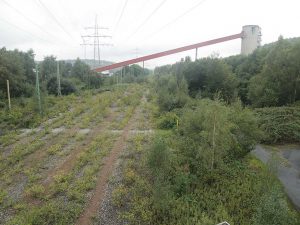
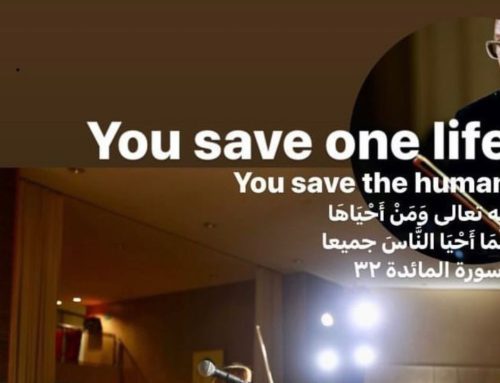
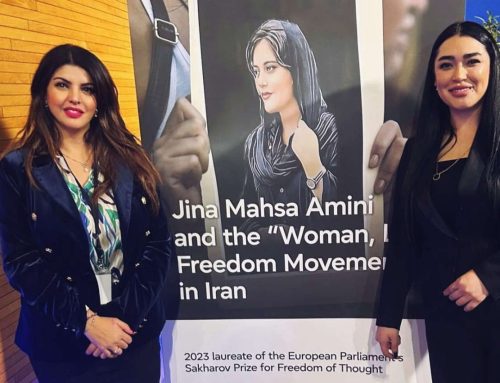
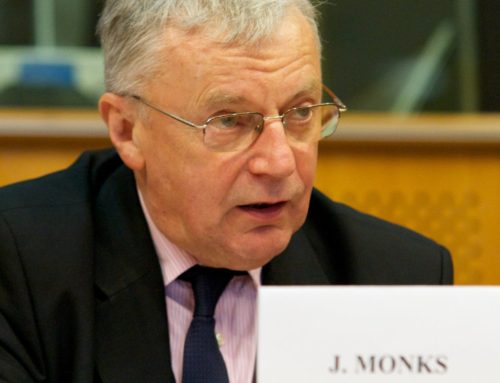
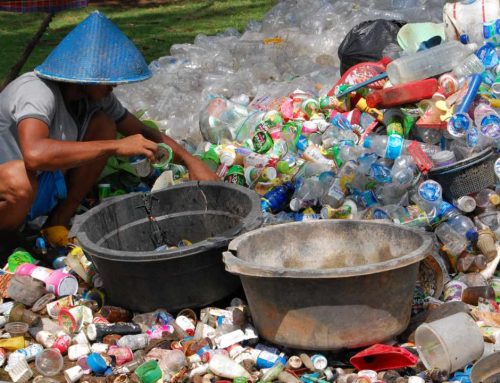
Leave A Comment